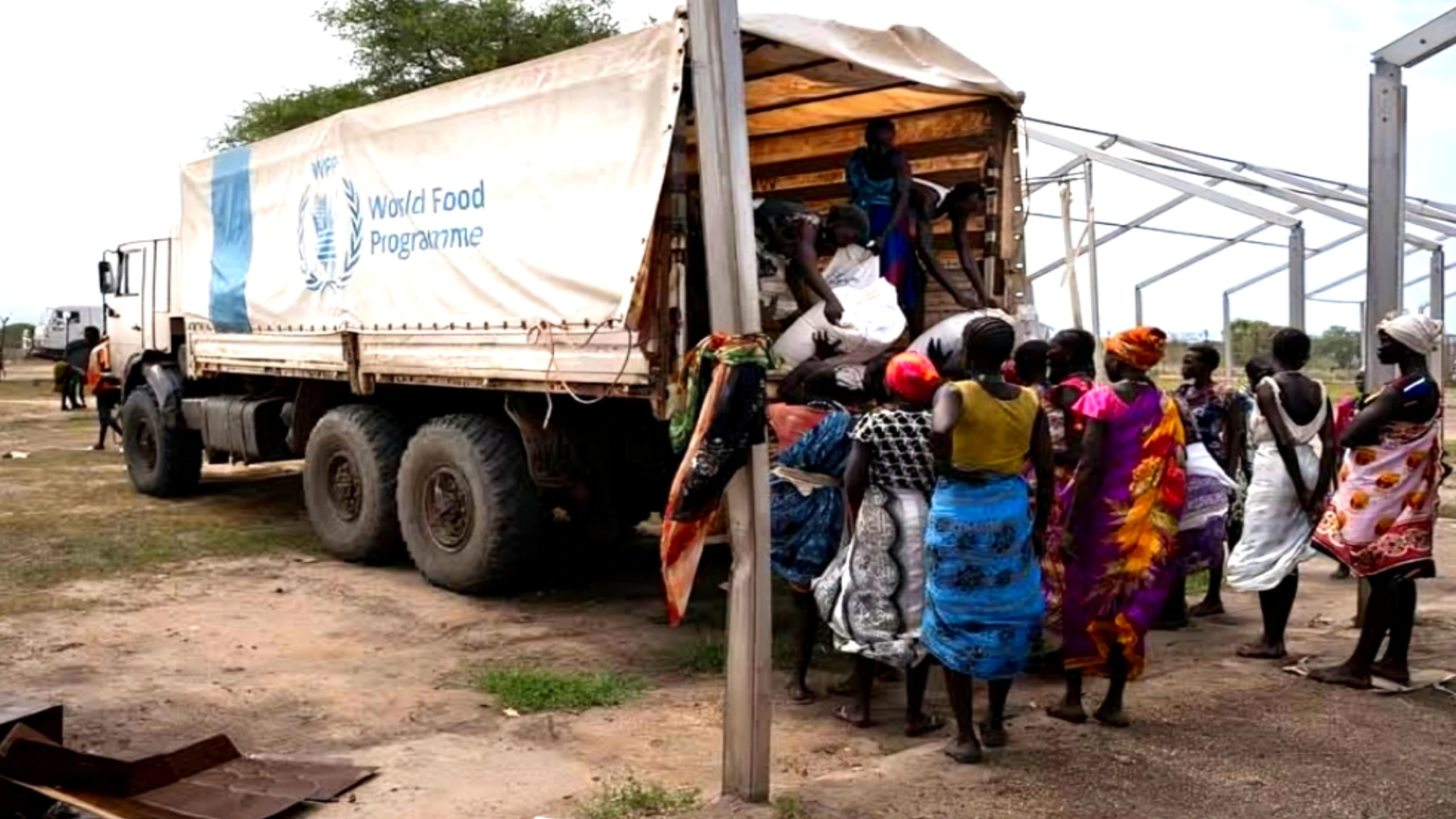Kabul: The United Nations World Food Programme (WFP) has raised alarm over the worsening malnutrition crisis in Afghanistan, stating that 3.5 million children are expected to suffer from malnutrition this year. The agency attributes this surge to a sharp decline in international aid and funding for food assistance.
In a video message posted on Twitter, Deputy Country Director for WFP Afghanistan, Mutinta Chimuka, said, "We are currently facing a historic food crisis in Afghanistan, particularly among children. This year alone, 3.5 million children are projected to be malnourished."
According to WFP, one Afghan child becomes malnourished every ten seconds due to severe food insecurity. The situation is further compounded by the fact that many mothers who are supposed to be breastfeeding their children are themselves suffering from malnutrition.
"This is not just about numbers; it's a race against time, and with sufficient funding, we can reduce malnutrition among children and their mothers," said Chimuka. "But this is a long-term effort — not something that can be fixed in a day."
Last year, WFP assisted over nine million Afghans with life-saving support. However, the agency warned in March that more than three million children are at risk of malnutrition in 2025.
WFP estimates that nearly one-third of Afghanistan’s population — around 15 million people — require emergency food aid for survival. Alarmingly, three out of every four households have to borrow money just to purchase basic food items.
Mona Sheikh, WFP's Head of Nutrition for Afghanistan, described the situation as dire: "People are in extremely difficult conditions. We see a large number of women and children visiting clinics — many of them are young mothers."
The food agency says its support is often the last line of defense for women who cannot afford to provide their children with essential and nutritious meals.
"Each year, we see more women coming to hospitals than we estimated. If mothers are undernourished, their children suffer as well," Sheikh emphasized.
In 2024, WFP provided nutritional treatment to nearly 10 million women and children in Afghanistan, including 1.4 million children — 829,000 of them girls — and one million mothers. However, the organization says much more effort is needed.
Women-led households are particularly vulnerable, with two-thirds unable to secure adequate food — 20% higher than male-headed families.
The crisis continues to grow. This year alone, 1.2 million pregnant and breastfeeding women are in need of urgent nutritional treatment and support.
"When a woman or child is undernourished, immediate support is crucial. If not addressed, it can escalate to severe acute malnutrition, posing a serious threat to life," said Sheikh. "Children with moderate malnutrition are three times more likely to die than those who are well-nourished."
The reduction in funding means WFP may only be able to support children under two and provide half rations to breastfeeding mothers, far short of the full assistance needed.
WFP also highlights the critical role of healthcare volunteers in Afghanistan, especially in remote mountainous areas where access to health facilities is limited due to poor transportation infrastructure.
Currently, WFP can only provide emergency food assistance to six million people across Afghanistan — a number far below the need.








